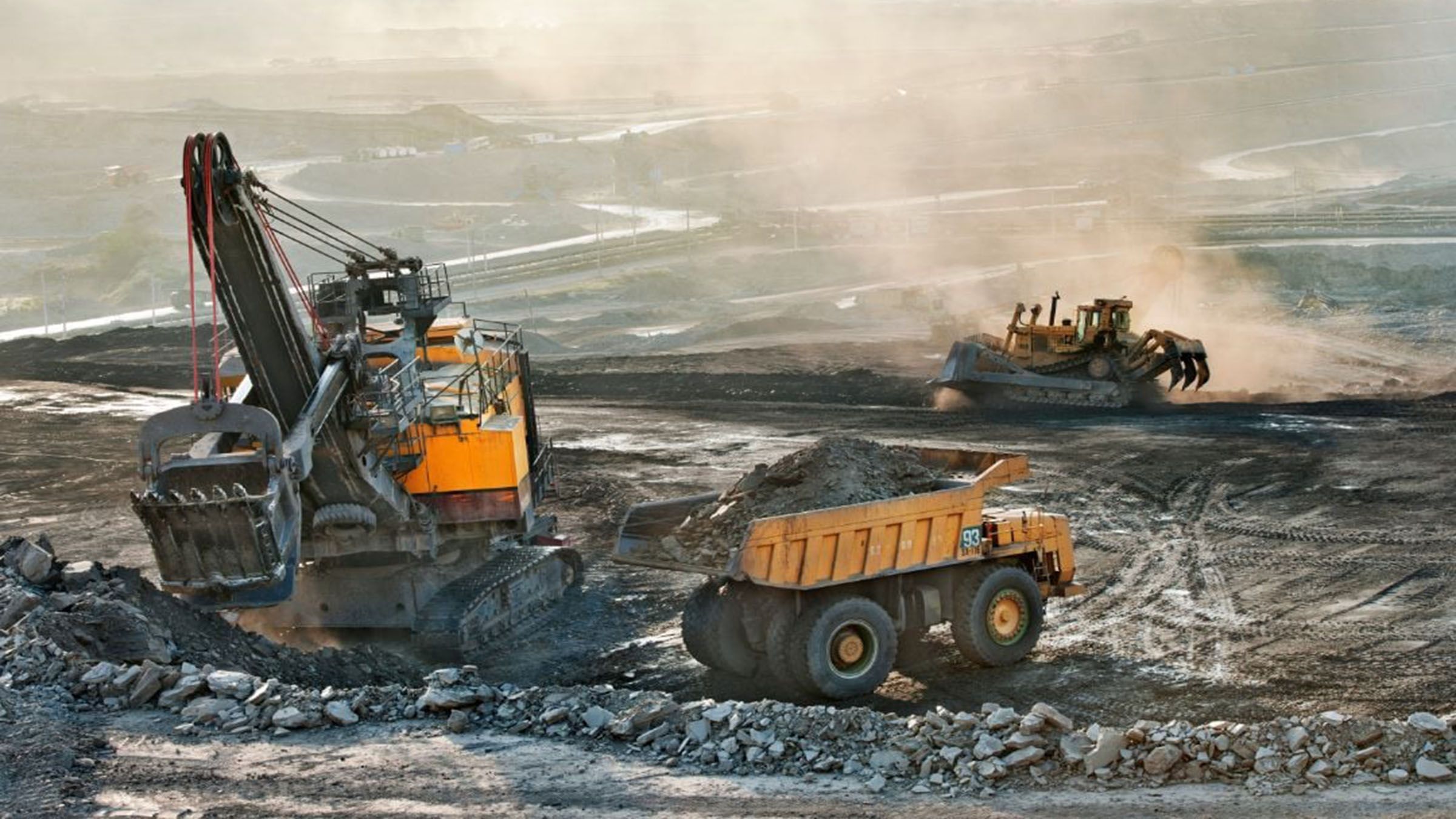Mining industries in the Philippines are moving towards decarbonizing in order to lessen or possibly eliminate carbon emissions.
Philippine mines have slowly been “decarbonizing” their operations and developing processes to recycle mine tailings to combat climate change, mine leaders said during the Mine Safety and Environment Conference.
For the past 68 years, the annual event has brought together corporate leaders and mining engineers to share environmentally sound practices and new technologies, but this year's event coincides with the ongoing COP27 of the United Nations Climate Change Conference in Egypt, Inquirer reported.
Veteran diplomat Delia Albert, former ambassador to Germany and a Baguio-born mining advocate, said that mine leaders are aware of what is at stake and have kept tabs on the developments at COP27.
For one, Helix Mining and Development Corp. (formerly Holcim Mining) is using battery technology to reduce its carbon footprint, according to Renato Baja, the company's president, and director of the Philippine Mine Safety and Environment Association (PMSEA).
“We are looking at decarbonizing our mining operations. We are seriously looking at equipment that operate using batteries and PMSEA has committed to support these initiatives of decarbonizing.” Baja said.
Decarbonization refers to the process of reducing carbon emissions resulting from human activity in the atmosphere. The current objective of decarbonization is to, eventually, eliminate these carbon emissions.
Carbon emissions produce the greenhouse effect that traps planetary heat, resulting in extreme global warming that is a danger to all planet life in the near future.
“It is very interesting to hear the shift of focus from ‘prevention’ to ‘limitation’ [of global warming at COP27].” Albert said.
“Instead of saying ‘preventing,’ which was the term used in COP26 [held last year in Glasgow, Scotland], COP27 has focused on limiting carbon emissions,” which could shape the country’s commitments to fighting climate change.” she added.
Protection targets
Local mines had set environmental protection targets years ago.
Citing an example, Baja said that when the government launched the National Greening Program last 2011, over 1,000 hectares have been planted with trees by mining companies to mitigate the carbon footprint of mining and other industries.
“The Mines and Geosciences Bureau (MGB) has also been encouraging mining companies to tap new technology that enables miners to recycle and process small and uneconomical traces of minerals like copper and nickel that are deposited in their tailings or waste dams.” said Mateo Marcial, head of MGB mine safety, environment, and social development division.
He also cited the Taganito Mining Corp. of Surigao del Norte and Rio Tuba Nickel Mining Corp. of Palawan which have both invested in high-pressure acid leaching to refine nickel from waste.
PMSEA officials emphasized that mine geologists and volunteer miners have lent their skills to rescue and restoration efforts during calamities, rather than reflecting on the industry's history with ecological disasters.
During the lockdowns, 200 mines donated P407 million to buy vaccines and other emergency needs of their host communities.
Annie Dee, president of Teresa Marble Corp. and a PMSEA director, further emphasized that no more serious mining disasters have happened since the industry embraced mining principles.
Mining as a means of boosting the economy
The Marcos administration has been eyeing the mining industry as a key industry to kick—start the economy which is still recovering from the stringent mining environment during the Duterte administration.
In April 2017, the late former Environment Secretary Regina Lopez issued Administrative Order No. 2017-10, which prohibited open-pit mining, resulting in the closure or suspension of 26 mining operations.
Then in October 2017, the interagency Mining Industry Coordinating Council voted to recommend reversing the policy, but the open-pit mining ban remained in place for four years in the absence of a new Malacañang directive.
Former President Rodrigo Duterte previously attacked the mining industry, saying he wanted to put an end to it after landslides caused by deadly typhoons hit.
But in April 2021, Duterte lifted the nine-year moratorium on new mining agreements to boost government revenue, create more job opportunities, and prop up the economy.
Duterte's Executive Order No. 130 reversed the late President Benigno Aquino III's 2012 moratorium on new mining permits or mining production sharing agreements.
On December 23, 2021, then-Environmental Secretary Roy Cimatu signed Department Administrative Order No. 2021-40, lifting the four-year-old ban on open-pit mining.
Tags: #Mining, #Decarbonizing, #CarbonEmissions

